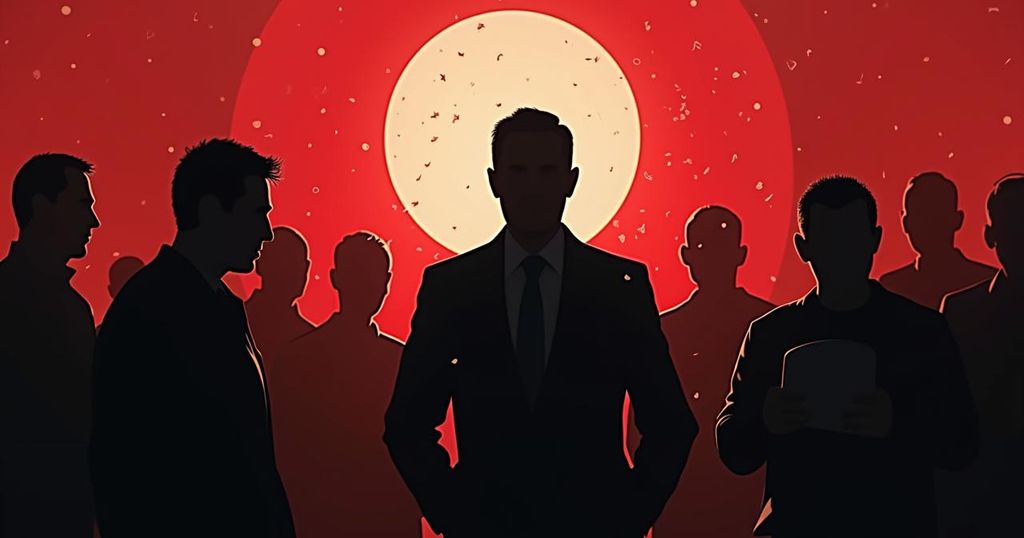Kais Saied’s Presidential Bid: A Reflection of Tunisia’s Strained Democracy
Tunisia’s President Kais Saied is running for re-election amidst allegations of authoritarianism and suppression of political opposition. Only two candidates were approved to run, one of whom is incarcerated, and there is widespread criticism of electoral fairness. As the election unfolds, concerns arise over Tunisia’s democratic regression and economic struggles, with significant implications for future governance and civil rights. Low voter turnout is anticipated, indicating public disillusionment with Saied’s leadership.
President Kais Saied of Tunisia is poised to seek re-election amid controversy and political unrest. The upcoming election has been characterized by a lack of viable candidates, as the electoral commission has approved only two individuals to challenge Saied, one of whom, Ayachi Zammel, is currently imprisoned on charges of document falsification. Since Saied’s accession to power in 2019, he has faced accusations of consolidating authority, undermining democratic processes established post-Arab Spring, and engaging in tactics that have cleared the political landscape of opposition. Prominent political opponents have been arrested, and most campaign advertising is focused on Saied, leading critics to suggest that the election has become a mere referendum on his leadership. Human Rights Watch and Amnesty International have condemned the pre-election detentions, citing a systematic assault on democratic principles and human rights in the country. Economic hardship remains a significant issue, with high unemployment rates contributing to a burgeoning desire among youth to emigrate. Furthermore, President Saied’s controversial comments regarding migration have incited fear of rising racism and xenophobia within Tunisia. Overall, this election stands as a critical moment for Tunisia, reflecting the struggles between authoritarianism and democracy in a nation that was once heralded as a model for political reform in the Arab world. The expected low voter turnout mirrors widespread disillusionment with the political process under Saied’s administration.
Tunisia, the birthplace of the Arab Spring in 2010, emerged as a symbol of democratic hope in the Middle East and North Africa. The 2019 election of Kais Saied, a legal scholar, initially inspired optimism as he promised to address corruption and revitalize the economy. However, since gaining office, Saied has progressively dismantled democratic institutions by suspending parliament and consolidating executive power under the guise of political reform. The country’s prior commitment to democratic freedoms has been severely challenged by Saied’s actions, resulting in arrests of opposition figures and limiting political pluralism. Furthermore, the economic landscape has deteriorated, with rising unemployment and migration complicating national stability. This election represents Tunisia’s ongoing struggle to balance democratic aspirations against authoritarian governance.
In conclusion, Tunisia’s forthcoming presidential election epitomizes the ongoing tension between democratic ideals and authoritarian governance. President Kais Saied’s administration has rendered the electoral competition virtually non-existent through political repression and the manipulation of legal frameworks. As public dissent grows, the situation poses significant implications for the future of Tunisia’s democracy and societal cohesion, particularly in light of economic challenges and rising xenophobic sentiments. The global community watches closely, as the elections may define Tunisia’s path in preserving or further undermining the democratic principles fought for during the Arab Spring.
Original Source: www.bbc.com




Post Comment